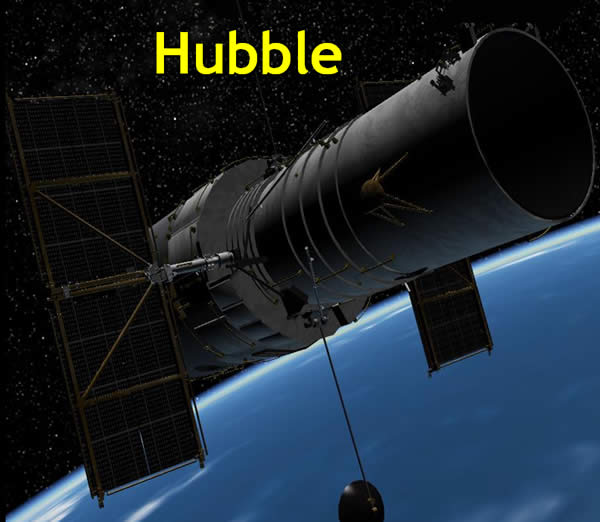Lauterbach Design Labs specializes in the integration
and dissemination of advanced scientific and metaphysical principles.
We work primarily in theoretical realms. But on occasion,
we get out into the field. (Then, watch out.)  Our methods are unorthodox. But, we get results.
LDL has on-going training for all employees with
topics such as zero point energy, quantum field theory, relativistic
field theory, biomechanical and biochemical spontaneous generation of
organic compounds and organs, cosmogenisys, etc.
We publish frequently in the most prestigious journals.
Our methods are unorthodox. But, we get results.
LDL has on-going training for all employees with
topics such as zero point energy, quantum field theory, relativistic
field theory, biomechanical and biochemical spontaneous generation of
organic compounds and organs, cosmogenisys, etc.
We publish frequently in the most prestigious journals.
So, what is "science"?
Some say that science is what scientists do. OK, so we are passing the buck. So who are the "scientists" and what do they do?
Some say a scientist is someone who uses the "scientific method". Passing the buck again?
So, what is the "scientific method"?
According to "Webster [1]": The "scientific method" is
1. Principles and procedures for the systematic pursuit of knowledge involving the recognition and formulation of a problem, the collection of data through observation and experiment, and the formulation and testing of hypotheses.
According to "Oxford [2]": The "scientific method" is
1. A method of procedure that has characterized natural science since the 17th century, consisting in systematic observation, measurement, and experiment, and the formulation, testing, and modification of hypotheses.
Others, notably scientists, say that a prerequisite for doing "science" is for a person to have a PhD degree, and then use the "scientific method". In other words, without a PhD you can't do science.
But what is a PhD? A PhD stands for "Doctor of Philosophy". It must be followed with an area of specialty, like physics, education, computer science, etc.
So, to do science according to "scientists", you must be good at philosophy. But isn't "philosophy" speculative, i.e. beyond the means of concrete verification? Isn't philosophy just opinions? Opinions that certainly make a lot of sense to a lot of people, but nevertheless opinions which may be wrong and even dangerous. So, what's the real story?
Actually, science can be done by anyone, even without a PhD. (Regardless of what arrogant scientists say.) Science, in all of its myriad forms, involves building up knowledge about a phenomena or a problem. This knowledge should be as true as possible, given the current level of technology, measurement, and rational thought. Mere speculation ("The moon is made of green cheese.", "We're living in a universe located on a membrane that sometimes crashes onto other membranes.") doesn't qualify as science.
The name for authoritative-sounding, but not unambiguously verifiable, statements is "metaphysics". Literally, metaphysics means beyond physics. Modern science today is firmly entrenched in metaphysics.
Clearly, metaphysics and physics (meaning all of the "sciences") are being intermingled today in writing, video and movie productions, medical fields, religions proclamations, and the general gestalt, ethos,or zeitgeist of human life. What this means is that an average person doesn't know whom to trust when it comes to things one personally questions. This is where self-reliance and education comes in.
Going back to definitions, again what is science? It's the body of knowledge about a particular subject that has been verified by the scientific method. But does this apply to the fields of archaeology, psychology, political science, etc., i.e.the "soft" sciences (as opposed to the hard sciences of chemistry, physics, etc.). Yes, but... As for medical science it's part hard, part soft.
In the soft sciences, it's hard to run definitive experiments because of the differences in human beings. So, what to do? For medical science, the answer is clearly clinical trials for some areas, resorting to statistics and probabilities, and heuristics for others.
The latter is what we do here since we're somewhat soft-headed.
And now for something completely different.
How do "engineering" and "technology" relate to science?
Doing engineering generally involves "building" something or predicting whether something can be "built" at all. Doing science generally involves pushing back the frontiers of knowledge. Engineering uses knowledge and formulas obtained from science for the purpose of creating stuff for practical applications. Examples of things built are computers, skyscrapers, cars, ships, airplanes, atom-smashers, large hadron colliders, linear accelerators, space or ground telescopes, food packing equipment, recording and playback dvd/hd electronics, roads, bridges, firearms, etc. Anything designed, built, constructed, and successfully operated was most probably engineered by an engineer. "Scientists" require "Engineers" to design and construct the apparatus required to do "science", with the exception of "theoretical physicists" - who require only a pencil and paper. Theoretical physicists do metaphysics until the scientific method validates their conclusions.
"Technology" is the raw material that engineers use to design new stuff, and the actual material that consumers and scientists use to make their lives easier and more productive. Examples of technology are VLSI (very large scale integration chips), televisions, cell phones, computers, wireless routers, laser distance measuring devices, voltmeters, radar, sonar, CCD's (charge coupled devices), interferometers, high tensile steel, carbon fibers, fiber optics, cryogenic magnets, ink jet printers, scanners, factory assembly robots, etc, etc.
Sometimes misnomers sometimes creep into the language. "Computer science" is really an engineering discipline - designing and constructing faster, cheaper, lower power, smaller, and lighter computers. However, there are folks in computer science who do research, and are doing more science than engineering. In actuality, science, engineering, and technology are closely linked.
Notes:
1: Webster's Ninth New College Dictionary, Pub. Merriam-Webster Inc. (Back)
2.
Oxford Dictionary of English, http://oxforddictionaries.com.
